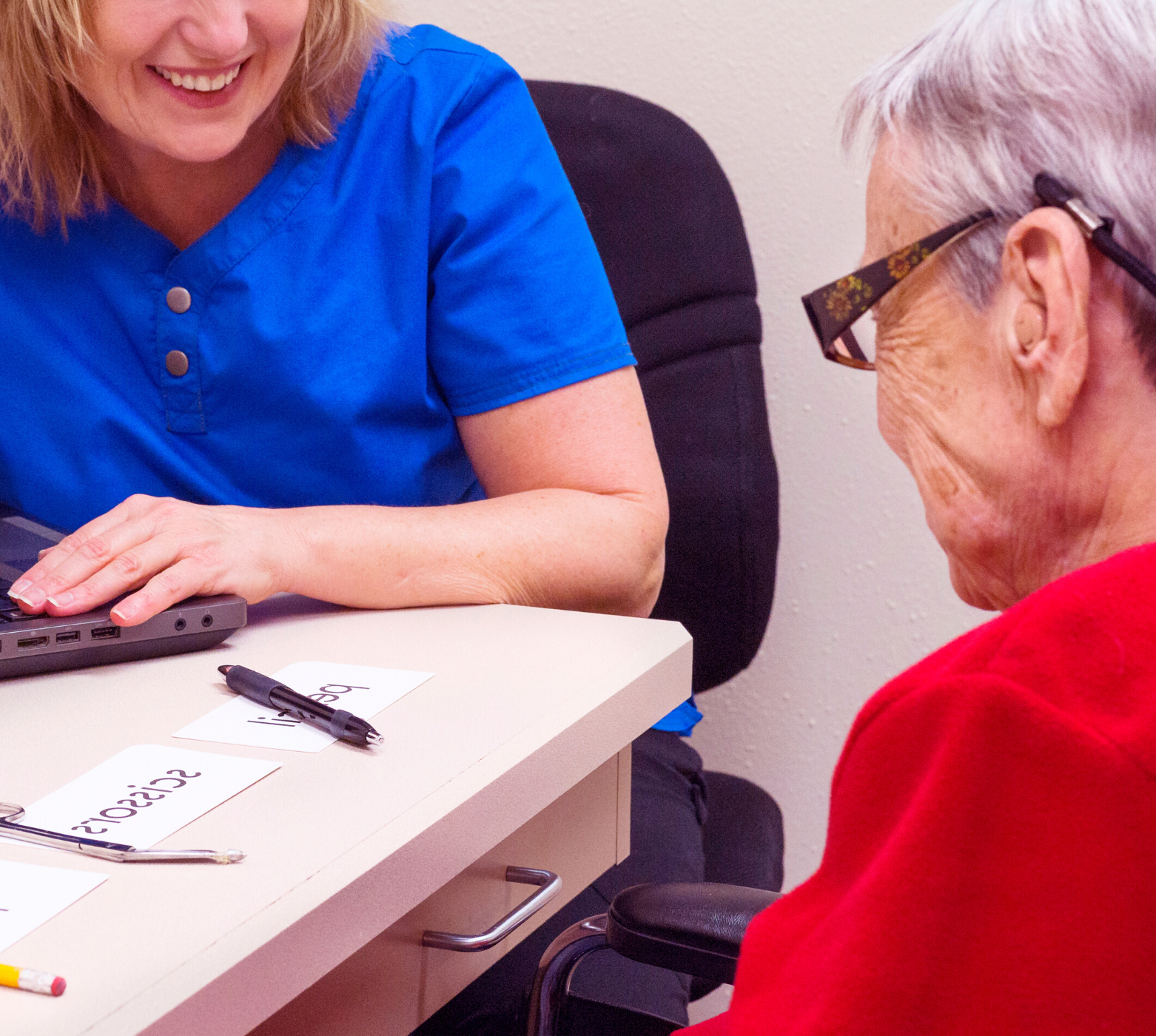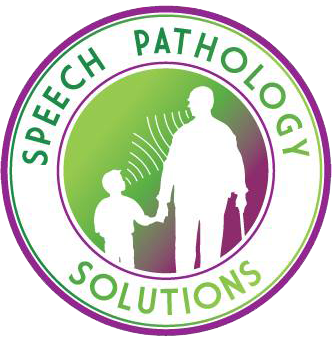quality speech language services
Aphasia speech therapy is a form of treatment for individuals with aphasia, a language disorder that can affect an individual’s ability to produce and understand language. Aphasia can occur as a result of brain damage, such as a stroke or head injury, and can range in severity from mild to severe. Speech therapy can help individuals with aphasia improve their language skills, including their ability to speak, listen, read, and write. Our speech pathologists can help the individuals with aphasia learn strategies to communicate more effectively and improve their overall language skills.



who we help
Browse our services by age group, and learn more about how we can help you according to your individual needs.
frequently asked questions
Aphasia can range in severity from mild to severe.
Speech therapy can help individuals with aphasia improve their language skills, including their ability to speak, listen, read, and write. Speech pathologists can help the individuals with aphasia learn strategies to communicate more effectively and improve their overall language skills.
There are several different types of aphasia, each with its own set of symptoms. The most common types include:
Broca's aphasia: characterized by difficulty with speaking, often resulting in short and incomplete sentences
Wernicke's aphasia: characterized by difficulty understanding spoken and written language
Global aphasia: characterized by severe difficulty with all aspects of language
Anomic aphasia: characterized by difficulty finding the right words to express oneself.
There are several different types of aphasia
The most common are: Broca's, Wernicke's, Global and Anomic aphasia
Each type has its own set of symptoms
Aphasia is typically diagnosed through a combination of methods, including a medical history, physical examination, and a battery of language tests. A speech-language pathologist (SLP) will typically administer these tests to assess the individual's language abilities and determine the type and severity of aphasia. Imaging studies such as CT or MRI scans may also be used to identify any underlying brain damage that may be causing the aphasia.
Treatment of aphasia in adult and geriatric populations can be challenging for several reasons. One of the main challenges is that the individual may have difficulty participating in therapy due to other health conditions or physical limitations. Additionally, aphasia can have a significant emotional and social impact, and the individual may need support to address these emotional and social issues. Finally, recovery from aphasia can be slow, and it may take time for the individual to see improvement in their language skills.
insurances accepted





be the best version of yourself -
we'll help you along the way

gain confidence to speak with ease

showcase real academic abilities

connect deeply & genuinely with others

reclaim lost skills & independence



